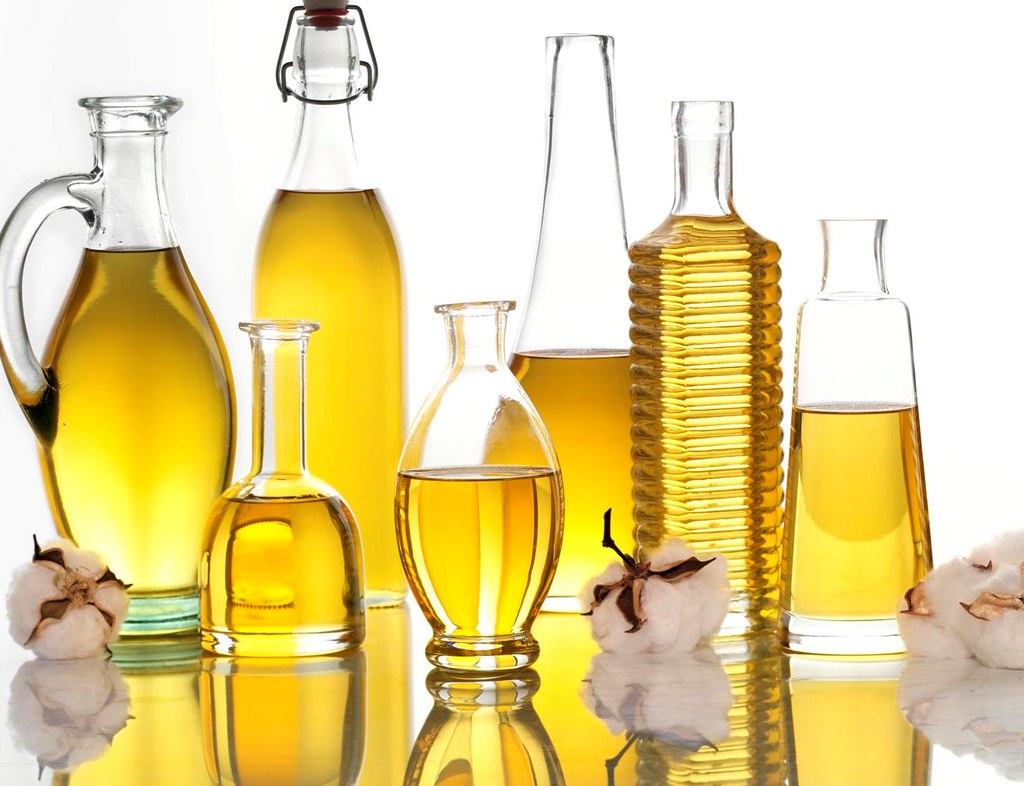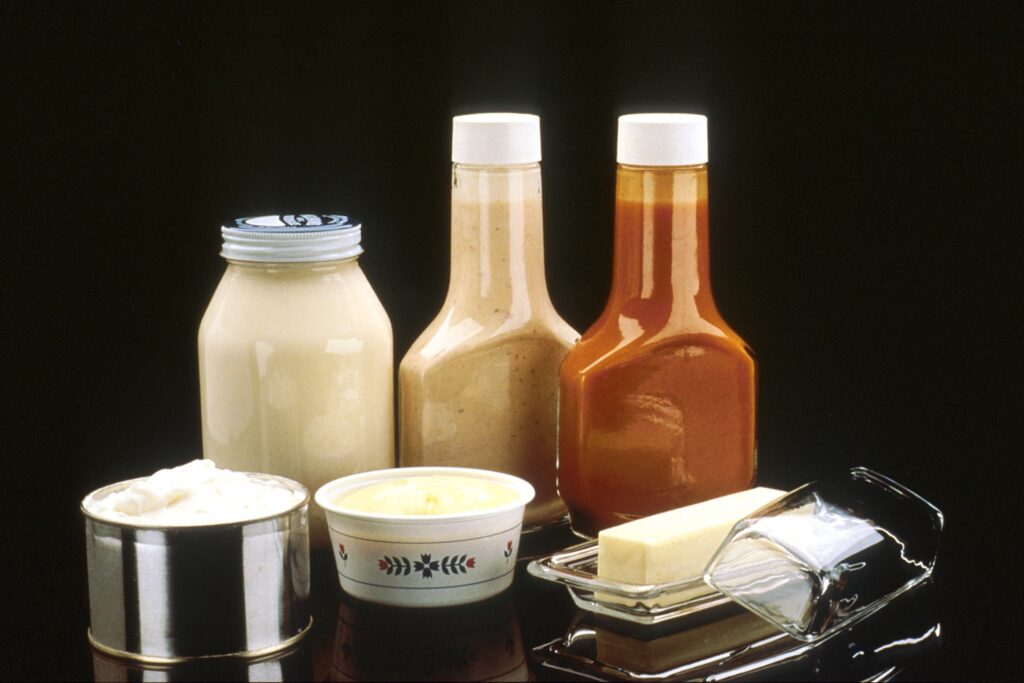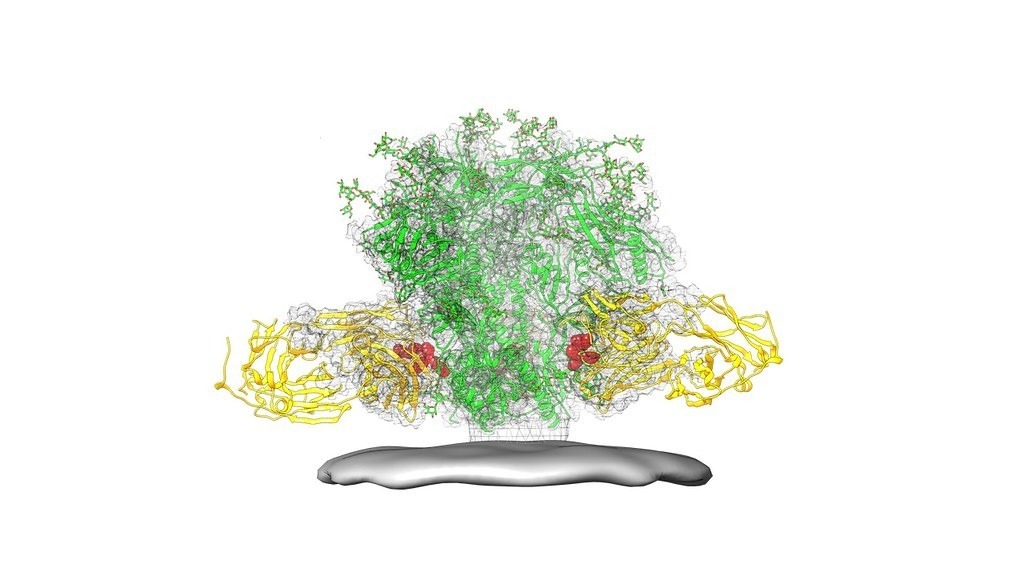
Introduction to Fats & Oils
Edible fats are those fats that can be consumed by humans without any harm or ill effects. Edible fats can be of animal origin or plant origin. Most edible fats are solid or semi-solid at room temperature. Plant fats that are usually liquid at room temperature can be transformed into a solid fat if they undergo a process called hydrogenation in which hydrogen is added to the plant oil. This changes the chemical characteristics of the oil, making it solid at room temperature.
As per Food Safety & Standards (Food Products Standards & Food Additives) Regulations, 2011, the edible fats have been categorized & defined as;

Animal fats
Various types of animal fats can be found in beef, mutton, goat and hogs (lard). Lard generally does not contain more than 1% of substances other than fatty acids and fat.
Plant fats
Cocoa butter means the fat obtained by expression from the nibs of the beans of Theobroma cocoa L. It will be free from other oils and fats, mineral oil and added colors.
Refined salseed fat means the fat obtained from seed kernels of sal trees, shorea robusta Gaertn, F. The material will be clear on melting and free from adulterants, sediment, suspended or other foreign matter, separated water or added coloring substance. However, it may contain food additives permitted by the Food Safety and Standards Regulations, 2011. There will be no turbidity after keeping the filtered sample at 40oC for 24 hours.
Kokum fat means the fat obtained from kernels of Kokum (Garcinia indica choisy), by process of expression or by a process of solvent extraction from cake or kernel. After refining, the fat will be clear on melting and free from rancidity, adulterants, sediments, suspended or other foreign matter, separated water, added coloring and flavoring matters and mineral oil. However, it may contain food additives permitted by the Food Safety and Standards Regulations, 2011.
Mango kernel fat means the fat obtained from kernels of Mango (Magifera Indica Linn) by process of expression or by a process of solvent extraction from cake or kernel. After refining, the fat will be clear on melting and free from rancidity, adulterants, sediment suspended or other foreign matter, separated water, added coloring and flavoring matters and mineral oil. However, it may contain food additives permitted by the Food Safety and Standards Regulations, 2011.
Dhupa fat means the fat obtained from seed kernels of Dhupa, also known as Indian Copal(Vateria Indica Linn) tree by process of expression or by a process of solvent extraction from cake or kernel. After refining, the fat will be clear on melting and free from rancidity, adulterants, sediment, suspended or other foreign matter, separated water, added coloring and flavoring matter and mineral oil. However, it may contain food additives permitted by the Food Safety and Standards Regulations, 2011.
Phulwara fat means the fat obtained from seed kernels of Phulwara (Madhuca butyracea or Bassia butyracea) by a process of expression or by a process of solvent extraction from cake or Kernel. After refining, the fat will be clear on melting and be free from rancidity, adulterants sediments, suspended on other foreign matters, separated water, added coloring and flavoring substances and mineral oil. However, it may contain food additives permitted by the Food Safety and Standards Regulations, 2011.
Saponification value and iodine value
Fats are generally represented by their saponification value and iodine value. Saponification value represents the number of milligrams of potassium hydroxide required to saponify 1g of fat under the conditions specified. It is a measure of the average molecular weight (or chain length) of all the fatty acids present. The iodine value is a chemistry term which is the mass of iodine in grams that is consumed by 100 g of a chemical substance. Iodine values are often used to determine the amount of unsaturation in fatty acids. This unsaturation is in the form of double bonds, which react with iodine compounds. The higher the iodine number, the more C=C bonds are present in the fat.





Great initiative sir.sir can pls elaborate the on food ph, titrable acidity,total acidity